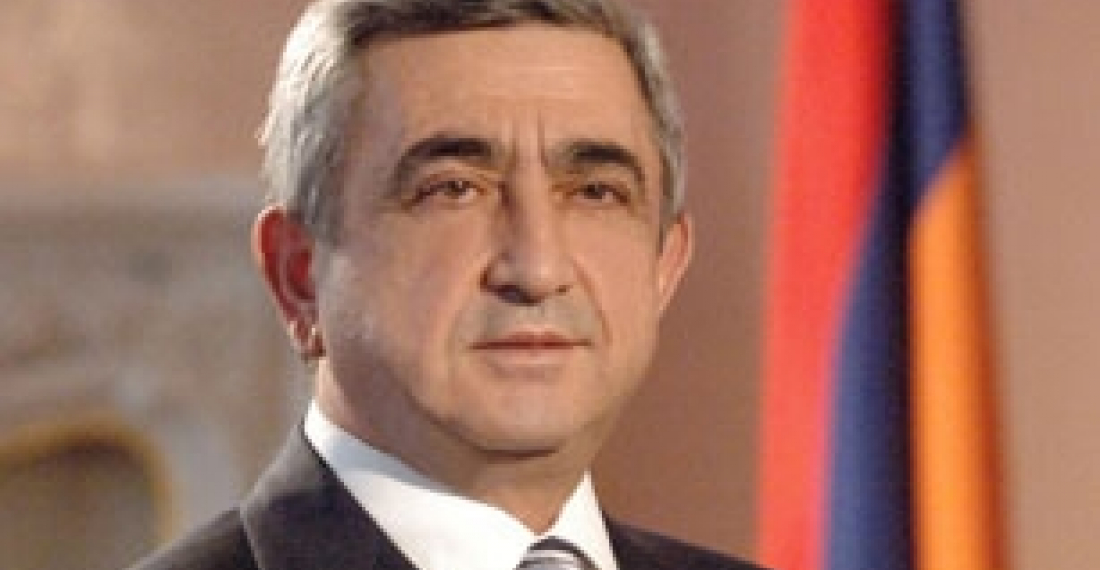The President of Armenia Serzh Sargsyan spoke abouyt the Karabakh conflicty resolution process at at the first army conference of young military officers of Armenia on Saturday.
According to news.am the President said that “First and foremost, we are going to do our best to resolve the conflict in peaceful way. The process is going on and we act constructively in this process, everybody knows that”. According to the president, “certain parties encourage us, while others try to criticize, but that does not really matter.”
“What actually matters is that talks on pressure are being exaggerated. The mediators try to bring closer the positions of the involved sides, the positions of Armenia, Nagorno-Karabakh and Azerbaijan,” added Serzh Sargsyan. “The process continues with difficulties and that is the way it should be. We never expected easy resolution. Our position is known to everybody and not everybody accepts it. We will do everything to reach a fair conclusion.”
source: news.am







